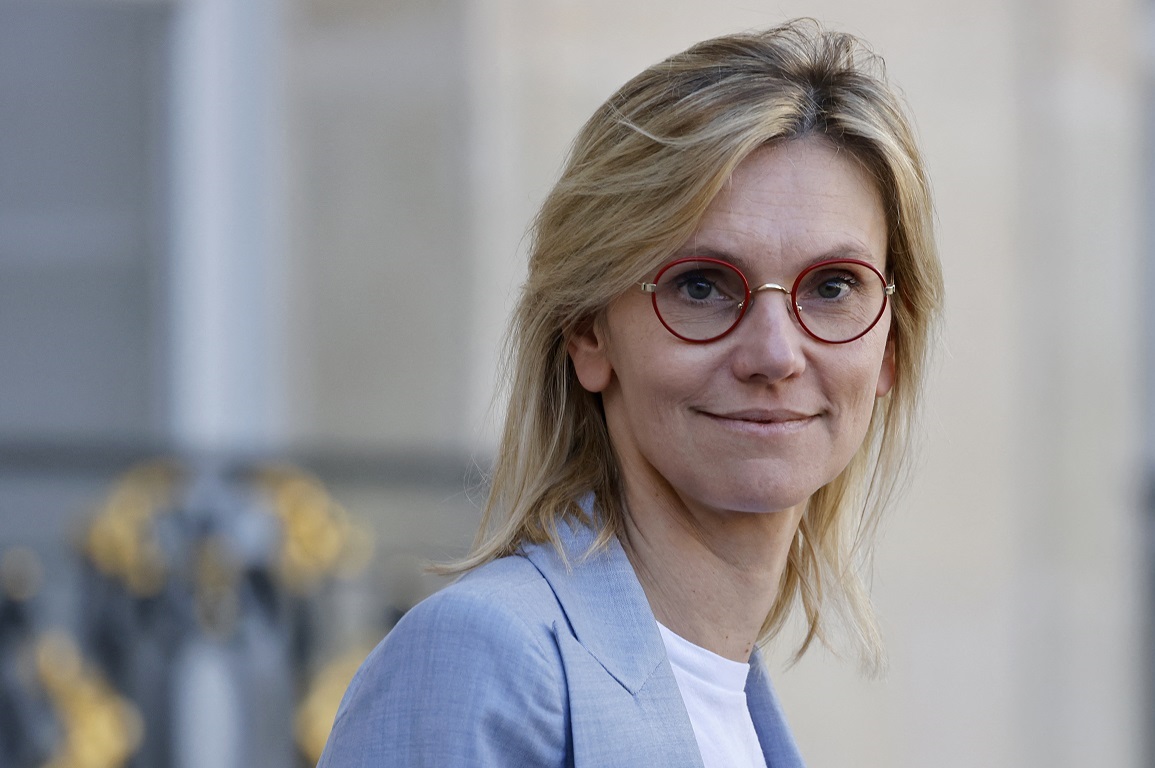11 Dec 2024

Tired Earth
By The Editorial Board

The European Commission tabled the electricity market reform proposal in March 2023 to contain rising power prices caused by the Ukraine war – but Germany and France have since disagreed on the specifics of nuclear.
On Tuesday, after months of tense negotiations, member states agreed to include existing nuclear plants in the reform.
Under the terms of the agreement, France will now be able to finance the renewal of its existing nuclear fleet with two-way Contracts for Difference (CFDs), in line with the Commission’s initial proposal.
Under the Commission’s proposed reform, two-way CFDs – with a price ceiling and a floor – will become mandatory as soon as governments intervene in the market to support power generators.
With this mechanism, public authorities make up the difference when electricity prices go below an agreed floor. At the same time, producers redistribute the potential surplus revenue to public authorities when prices go above the ceiling.
Depending on the technology – wind, nuclear or other – the ceiling and floor will be set at different levels, allowing energy generators to cover their production costs while making a profit.
CfDs to replace ARENH
Crucially, this mechanism would also make it possible to replace France’s much-decried ARENH system, which obliges state utility EDF to sell its historical nuclear production to competitors at €42 per MWh, well below the company’s estimated production costs of €60/MWh.
Launched in 2011, ARENH was introduced originally to comply with the EU’s energy market liberalisation directives. However, it quickly drew the ire of politicians from all sides, who said the scheme contributed to EDF’s financial difficulties by reinforcing its competitors at the company’s expense.
With ARENH scheduled to expire at the end of 2025, Contracts for Difference have been floated as an alternative. The French competition authority, for instance, underlined the potential benefits of CfDs for state utility EDF in a report published in 2020.
After yesterday’s Energy Council meeting, Nicolas Goldberg, energy market expert at Colombus Consulting, echoed his sentiment: “The CfDs negotiated by France are a possible way out for the post-ARENH period.”
This is because CfDs would set a reference price closer to the production cost of nuclear power, which is around €60 per MWh, according to the French energy regulator, CRE.
With only months before the June European elections, reforming ARENH had also become a political hot potato.
Last Thursday (12 October), far-right MP Alexandre Loubet called out the government for bowing to the diktats of Brussels and failing to “regain control of electricity prices”, as President Emmanuel Macron promised on 25 September.
However, Tuesday’s agreement in the Energy Council allowed the Elysée Palace to celebrate a “great victory” for France, saying CfDs will be allowed for the refurbishment of the country’s entire fleet of 56 nuclear reactors, with no limit when it comes to the volume of production covered.
Caution about trilogues
While French officials welcomed Tuesday’s deal in the Energy Council, they also underlined that the process is not over yet, with “trilogue” talks due to start on Thursday (19 October) to finalise the text with the European Parliament and the Commission.
“We will have to wait and see how the text evolves in the next stages”, the Elysée cautioned.
Indeed, German media had a different reading of the deal, calling it a “Pyrrhic victory” for France and doubting the French executive’s interpretation that the reform covers existing nuclear assets.
Therefore, the coming talks with Parliament are expected to be tough, particularly when setting price thresholds on CfDs and deciding potential limits on the production volumes they will cover, warns Goldberg.
Not to mention that Parliament will stand by its position, which is opposed to the introduction of CfDs for the lifetime extension of existing nuclear assets.
“We will not accept loopholes for France’s obsolete nuclear reactors”, said German Green MEP Michael Bloss at the end of yesterday’s Council negotiations.
Source : euractiv.com
Comment